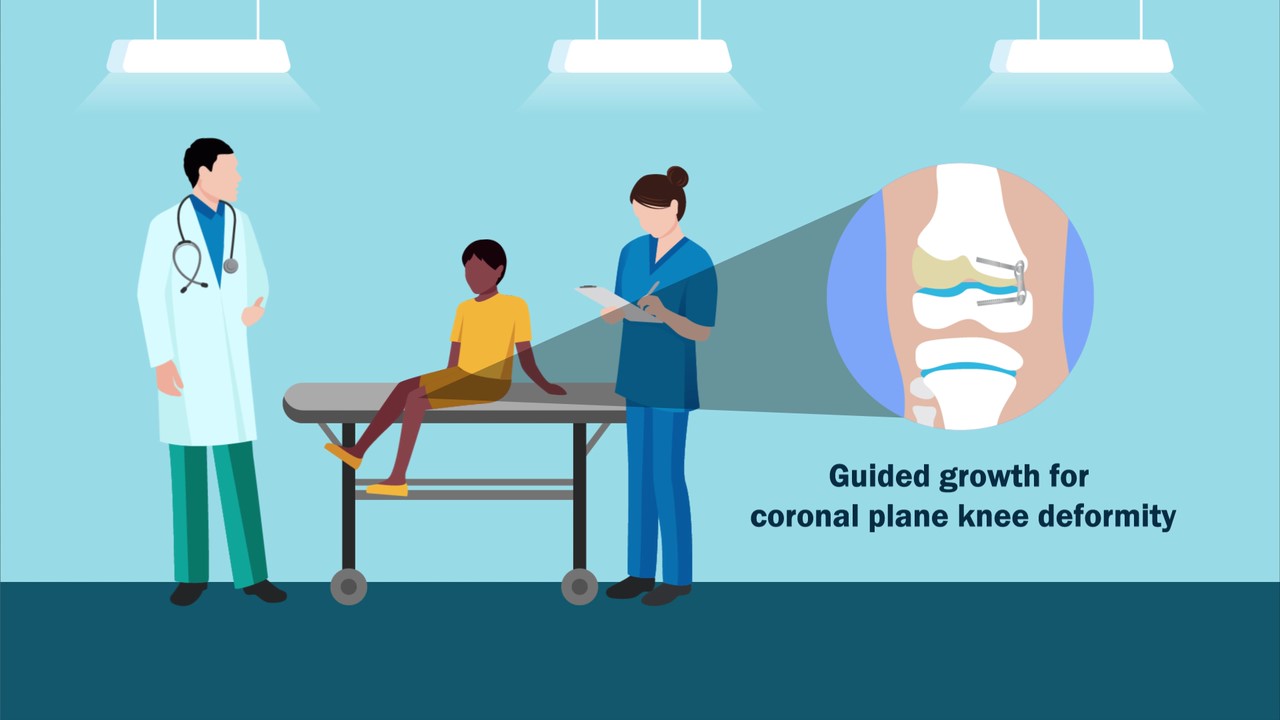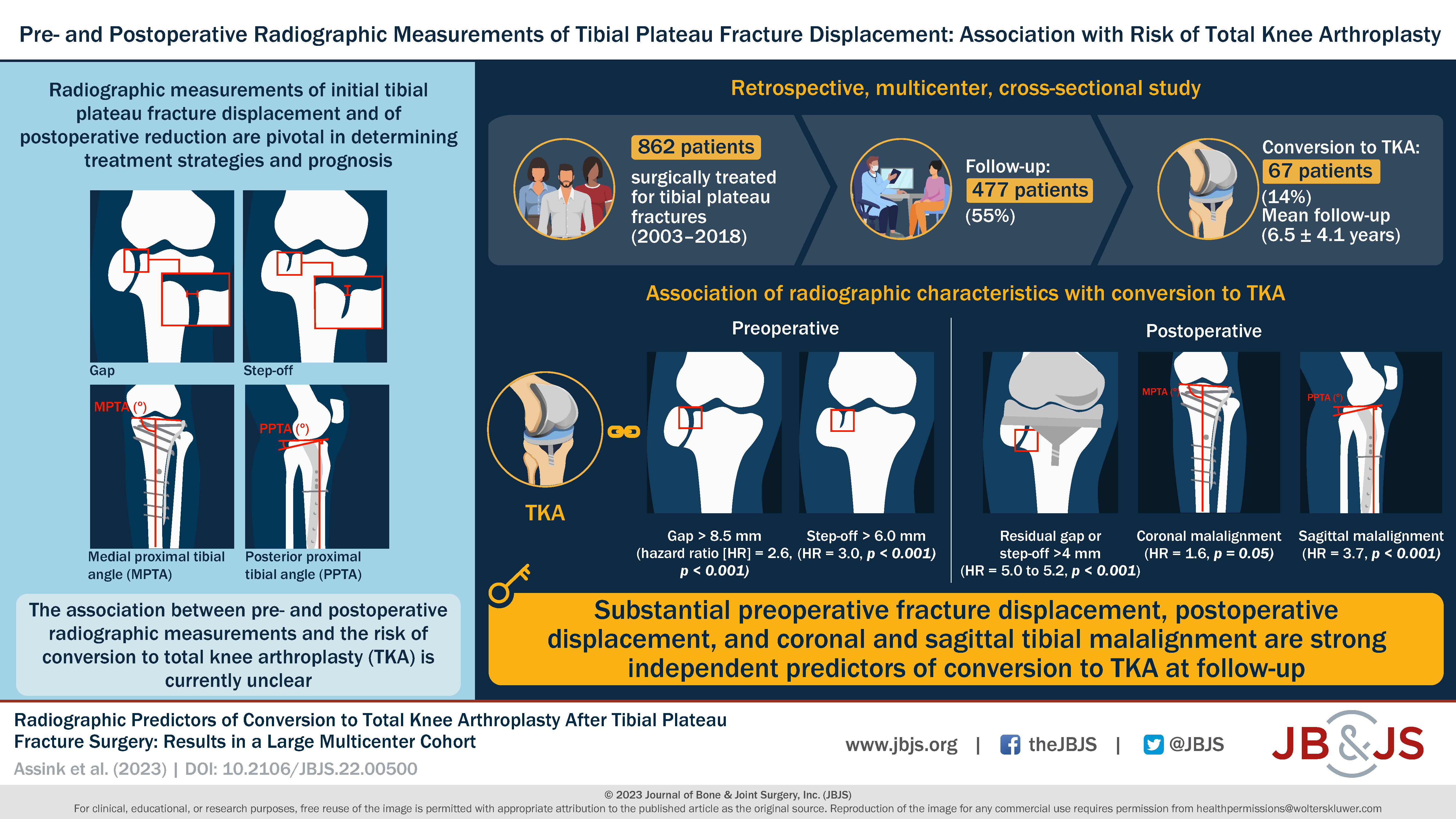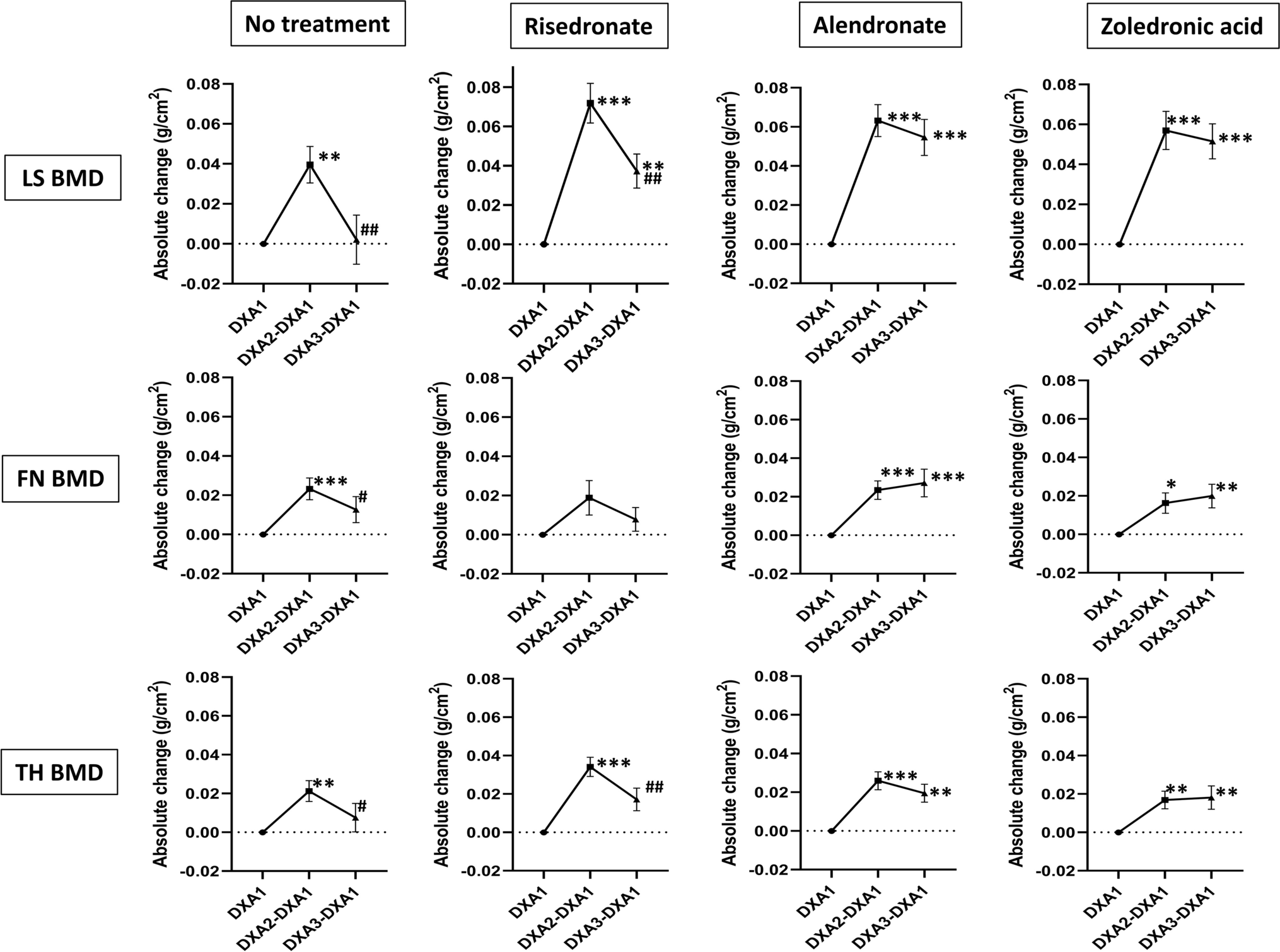Vitamin D supplementation, fracture risk, and osteoporosis drug therapies are among several topics explored in recent studies featured in the new JBJS Guest Editorial: What’s
Category: Knee

A video abstract is available with the new study by McGinley et al. in JBJS: Faster Rate of Correction with Distal Femoral Transphyseal Screws Versus

A new multicenter investigation by Assink et al. in JBJS explores the association between radiographic measurements and the risk of conversion to total knee arthroplasty

This guest post comes from Jennifer Beck, MD, a pediatric sports medicine surgeon at Boulder Medical Center in Colorado and a member of the JBJS

The new JBJS Guest Editorial “What’s New in Musculoskeletal Infection” presents findings related to chronic periprosthetic joint infection, oral antibiotic prophylaxis, and more. Here, we

